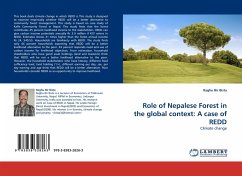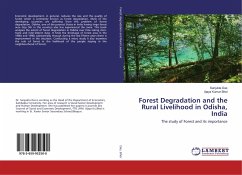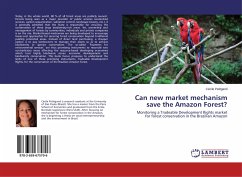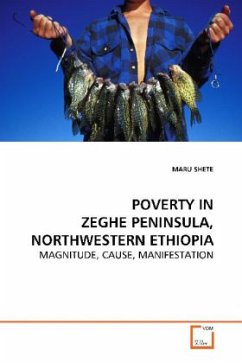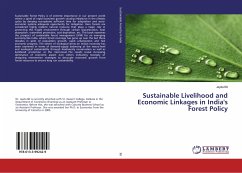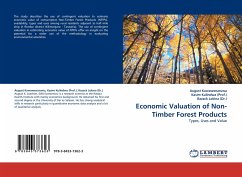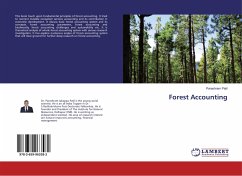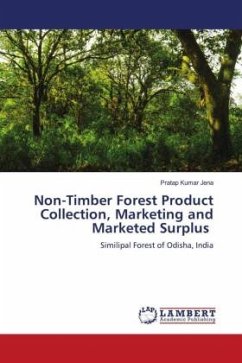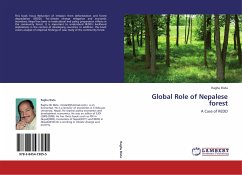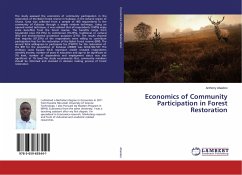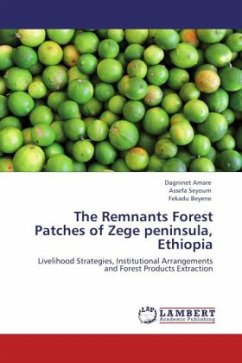
The Remnants Forest Patches of Zege peninsula, Ethiopia
Livelihood Strategies, Institutional Arrangements and Forest Products Extraction
Versandkostenfrei!
Versandfertig in 6-10 Tagen
39,99 €
inkl. MwSt.

PAYBACK Punkte
20 °P sammeln!
Conventional ways of forest degradation studies fail to distinctly understand the social and economic factors that contribute to deforestation and degradation which are fundamentals for future interventions of management. As a result, household dependence on a majorly privately use right owned coffee forest of Zege Peninsula of the Amhara Region of Ethiopia was conducted to understand the type and nature of interaction of the inhabitants with the forest. The study also recognized the assumption that privately owned forests are better managed than other forest ownership types. In general, this ...
Conventional ways of forest degradation studies fail to distinctly understand the social and economic factors that contribute to deforestation and degradation which are fundamentals for future interventions of management. As a result, household dependence on a majorly privately use right owned coffee forest of Zege Peninsula of the Amhara Region of Ethiopia was conducted to understand the type and nature of interaction of the inhabitants with the forest. The study also recognized the assumption that privately owned forests are better managed than other forest ownership types. In general, this study has attempted to reflect the interaction of the society with the coffee forest from the perspectives of livelihoods and institutions including social capitals. Ultimately, the result of this study indicated the most significantly determining factors for forest conservation are more of economic than social and institutional.



